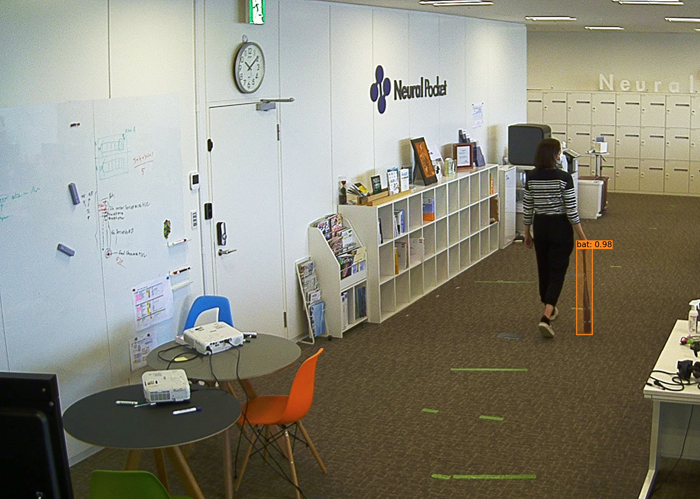 AI
AI
 AI
AI
 AI
AI
Videogame software developer Unity Software Inc. is getting into the business of selling synthetic image datasets that it says can be used to create computer vision artificial intelligence models faster and at a much lower cost.
Unity is best known for its 3D gaming engine that’s used by videogame developers to create more interactive gaming environments, as well as virtual reality and augmented reality apps. But its software, which relies on AI itself to render its virtual worlds, can also be used to create full-scale models of objects that can aid design in industries such as architecture, engineering and construction.
Now, the company is getting into building AI models too. The new Unity Computer Vision Datasets announced today are based on synthetic data, which is information that is generated artificially using algorithms. Synthetic data is often used as a stand-in for test datasets of new products and tools and model validation, as well as for AI model training.
Unity says its synthetic datasets are useful because the information within them is generated to meet lots of specific needs and conditions that are not available in existing, or real, data. Examples are situations such as when privacy requirements limit the availability of real data and how it can be used. And then there are cases such as self-driving cars, where real data is prohibitively expensive to create.
Another benefit of synthetic data is that it eliminates the privacy pitfalls that arise from using images of real people and places.
One of the problems with synthetic data though is that, ironically, it must be created by an AI model first. That’s an expensive and time-consuming process, Unity said, and it creates a barrier for many companies that lack the resources to do it.
Danny Lange, senior vice president of AI at Unity, told SiliconANGLE that the Unity engine is used to create “digital twins” of objects of interes. They’re then placed in a variety of 3D environments with diverse lighting conditions, orientations, scale factors and other parameters, called “randomizers.” These digital twins are then used to create high volumes of diverse training data for machine learning, Lange said.
On the benefits of using synthetic data, Lange said that one of the key advantages is that it eliminates the problem of so-called “biased data.”
“Data captured from the real world is often biased towards what is easy to collect, is subject to human labeling errors, and needs to be refreshed often, which can be very expensive,” he said. “Synthetic data has the unlimited ability to produce datasets that are diverse on any dimension, it is perfectly labeled, and is much less expensive to refresh.”
Lange added that Unity is noticing that large-scale data diversity is more important for producing accurate AI models than limited sets of realistic data. “We believe that the best AI results are achieved with a large amount of high-quality synthetic data in combination with a small amount of real data, when possible,” he said.
Unity’s synthetic Computer Vision Datasets can support a wide variety of AI training use cases too, Lange said. One of the most obvious examples is object detection, which can be applied to scenarios such as manufacturing, retail and security. In one example, Neural Pocket Inc., which sells smart city technology for commercial buildings and urban spaces that rely on AI-based image recognition, used Unity’s datasets to create a model that’s capable of detecting dangerous items such as weapons in a retail environment.
Unity said it can work with customers to ensure the datasets are produced in a way that meets the exact criteria for their needs. The company said it offers a tiered pricing model in which the price per image falls proportionally with the increased need for more synthetic images.
Support our mission to keep content open and free by engaging with theCUBE community. Join theCUBE’s Alumni Trust Network, where technology leaders connect, share intelligence and create opportunities.
Founded by tech visionaries John Furrier and Dave Vellante, SiliconANGLE Media has built a dynamic ecosystem of industry-leading digital media brands that reach 15+ million elite tech professionals. Our new proprietary theCUBE AI Video Cloud is breaking ground in audience interaction, leveraging theCUBEai.com neural network to help technology companies make data-driven decisions and stay at the forefront of industry conversations.